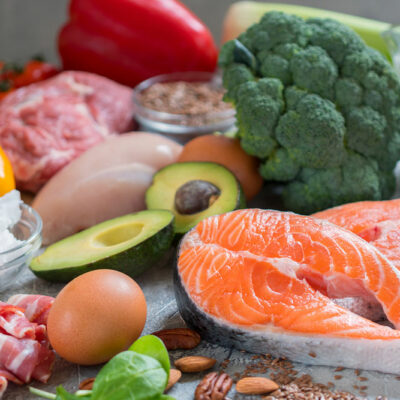
health
8 warning signs of breast cancer
Breast cancer is a serious health concern for women. Its signs may vary among individuals, and in certain instances, the condition may develop to an advanced stage without any signs. However, recognizing the symptoms of breast cancer is crucial for early detection and timely treatment. Thus, here are a few early warning signs of breast cancer one must look out for, especially when one may be at risk for the condition. A lump in the breast One of the most commonly recognized warning signs of breast cancer is feeling a lump in the breasts. Typically painless, these lumps tend to be firm with irregular edges. This initial warning sign is more commonly associated with invasive breast cancers like invasive ductal carcinoma and invasive lobular carcinoma. Other types of breast cancers, such as metastatic breast cancer and papillary carcinoma, may also manifest with this warning sign. In rare instances, lumps in the breasts may also indicate inflammatory breast cancer. Fluid discharge from the nipples Unusual nipple discharge raises concerns and could signify underlying breast cancer. The discharge may be clear, yellow, or, in some instances, bloody. This concerning sign can be associated with various types of breast cancer, including invasive breast cancer, metastatic breast cancer, papillary carcinoma, Paget’s disease of the breast, or, rarely, ductal carcinoma in situ.
Read More 









